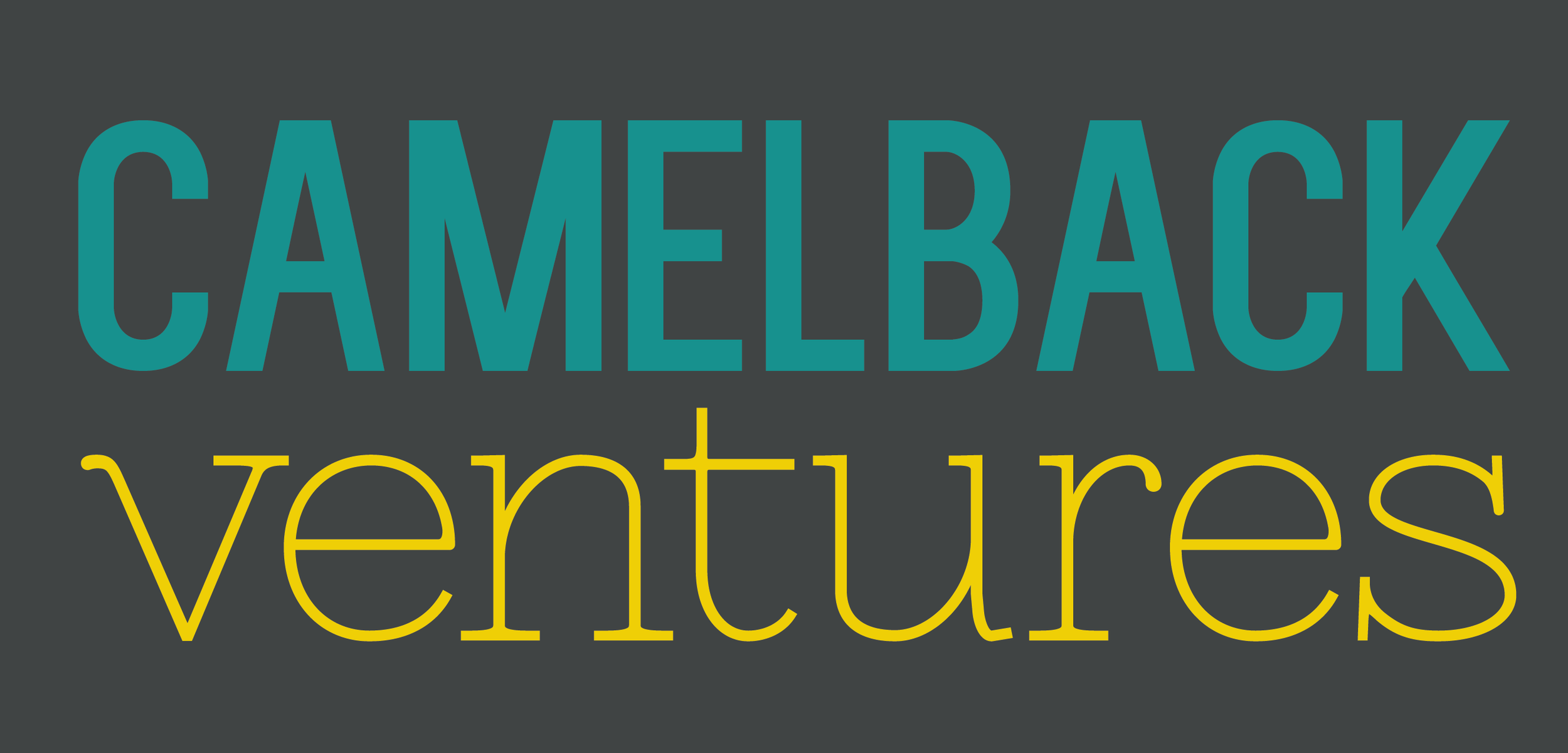How To Never Fail
I work with lots of leaders of start-ups. For good reason, they are constantly living in fear of failure. These leaders are trying to create something that doesn’t yet exist. They’re constantly months or even weeks from running out of money, and they face a lot of skepticism from investors as well as pressure from competitors who may have more resources. On top of that, most founders are relatively young and mostly unproven. (Founders of color and women experience even more burdens, as Camelback’s strategic plan shared recently.)
Given all this, the fear of failure looms large for many entrepreneurs. Most people experience fear; startup founders have had the courage to at least try. For many of us, this fear is so strong that it stops people from even taking the risk to try to succeed at their idea or dream.
Companies that hold themselves as bastions of creativity and innovation have wrestled with this dilemma for decades. What it boils it down to is: how do we encourage risk taking and experimentation while still ensuring results?
Facebook’s motto of move quickly and break things, the hyper popular increase in design thinking and its basic premise of prototyping, and the concept that has been advocated by various companies of “failing forward” are all attempts to get people to move past the fear of failure so they may be their best creative selves.
But these tend to be hollow mantras that don’t really address what people are often most worried about: the stigma that failure has in our society. To fail is to be less than, to have lost it all. It is not just an action of to fail, but an identity of being a failure.
I encourage leaders I work with to stay focused on these 3 antidotes to the fear (and even the possible reality) of failure. These are grounded in the perspective that the individual is bigger than the project, initiative, company they are working on.
1. Focus on growth.
Are you growing personally and professionally? Are you learning about yourself and others? Are you gaining new skills that will benefit you as you continue along your journey, on your next endeavor? If you are then don’t worry so much about the short term outcomes.
Psychologist Carol Dweck talks about the Growth Mindset versus the fixed mindset. The fixed mindset is all about outcomes -- did I win or lose, did I hit my target or not. The Growth Mindset is more about the curiosity of engaging in interesting challenges and the fulfillment that comes from trying to figure things out.
2. Focus on impact.
Impact is the effect you’re having or change you’re making in your community of choice. If you’re making an impact - or at least trying to - it alleviates the pressure of success or failure based on metrics that are much more flimsy in terms of what they really say about you. Focusing on impact helps you keep in touch with the bigger picture of what you are doing and less susceptible to the ups and downs one experiences in any venture. Working towards anything will come with inevitable challenges, but keeping your mind focused on why you’re doing what you’re doing, the difference you want to make, will keep you grounded.
3. Cultivate meaningful relationships.
No matter what is happening, you can always focus on creating deeper connections with the people around you, your colleagues, partners, investors, etc. When all is said and done, these relationships are often the most fulfilling part of everything we’re spending our time doing. And who knows how relationships you foster now may come in handy down the road.
The fear of failure in our culture is pervasive. It holds people back and causes unhealthy stress. As long as you’re keeping your focus on these three simple but powerful things you can never really fail.
So make yourself fail-proof by ensuring that you’re growing and learning in whatever you’re doing, you’re having or attempting to have the impact you desire, and, you’re paying attention to the relationships you have the opportunity to develop along the way.
Bob Lesser is a 2018 Startup Coach with Camelback Ventures. He is an author, psychiatrist, executive coach, and school founder. Learn more about him and his work at www.boblesser.com



